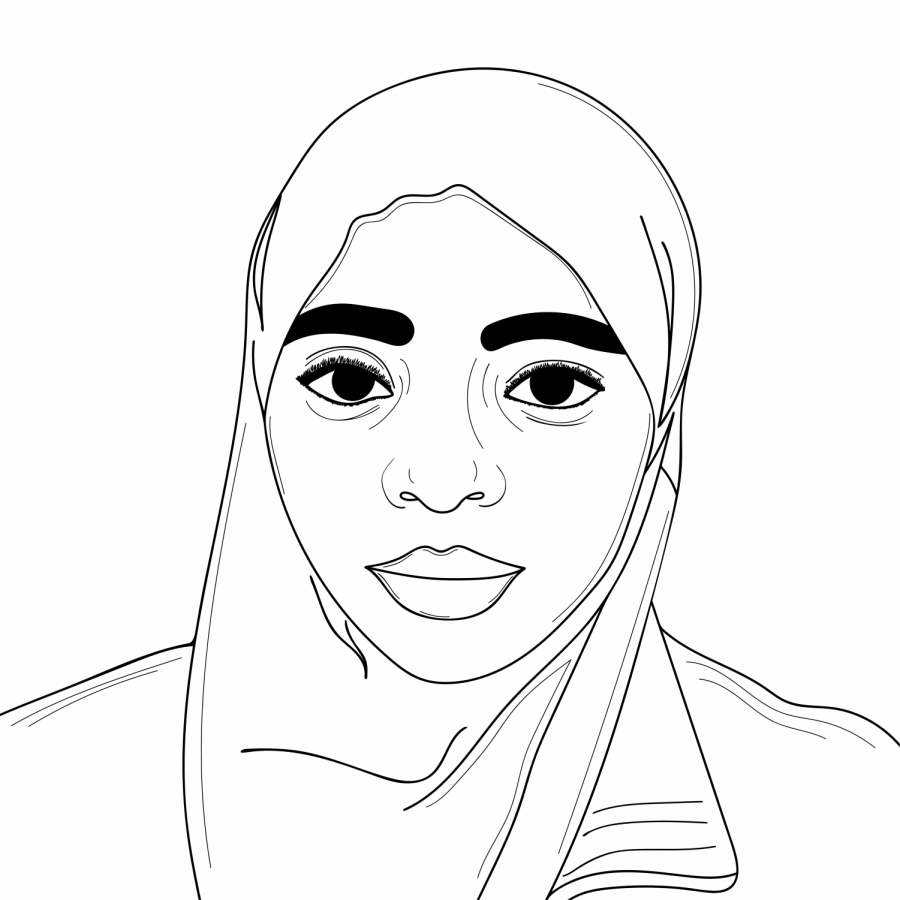In the poem “Harlem,” Langston Hughes asks a critical question about our lives. We all have dreams, ambitions and goals to achieve. But what happens to a dream deferred? While Hughes may have asked this question under different circumstances than our own, the relevance of his question is perennial.
After the opening question, the poem continues:
“Does it dry up
like a raisin in the sun?
Or fester like a sore—
And then run?
Does it stink like rotten meat?
Or crust and sugar over—
like a syrupy sweet?
Maybe it just sags
like a heavy load.
Or does it explode?”
The poem got me thinking: we all have milestones we want to reach and footprints to leave behind in this world. But are we actively engaged in making that dream come true, or are there forces conspiring against us?
Maybe that force is not the wind blowing north when we are headed south. Maybe the enemy is from within. This enemy is the hardest to fight and overcome. Its influence reaches far beyond our minds and incapacitates us.
It’s an enemy that tells us to wait for motivation to act. I honestly believe that motivation is created and not something that descends on us like some kind of revelation. If we rely on motivation, we will be waiting for a very long time to feel motivated enough to do something about our mundane, taken-for-granted lives.
At times, the subconscious and conscious decisions we make about our lives can put our progress on hold. I tend to find excuses for why I shouldn’t exercise today or read a chapter from the $5 book I just bought. I successfully convince myself I am tired now and will do it later. More often than not, “later” becomes “never.”
Our environments influence our decision making. For example: how can I convince myself to exercise when I am comfortably lying on my bed watching a show? The environmental cues I take in will influence me to avoid feeling discomfort from exercising and hating every minute of it. My brain will push for this idea to protect me from discomfort, so the decision is made: keep watching and exercise some other time. Maybe.
We have to reconcile the two; we can get the best of both our mind and what the environment has to offer. If we pin the two against each other, the war will never end. So the plan is to make these environmental forces work for us and not against us, to tailor them to our needs.
We can use environmental cues to our advantage and remind ourselves what our dreams are. Those cues are just there to test the level of our discipline. We could give in to distraction and regret losing that precious time later, or we could keep striving to work toward our individual goals. If we imagine the end game, our destinations, we will be more inclined to work toward achieving that goal.
So, are we going to keep deferring our dreams for instant gratification? Or are we going to keep pushing through the uncomfortable for the ultimate reward of satisfaction?














